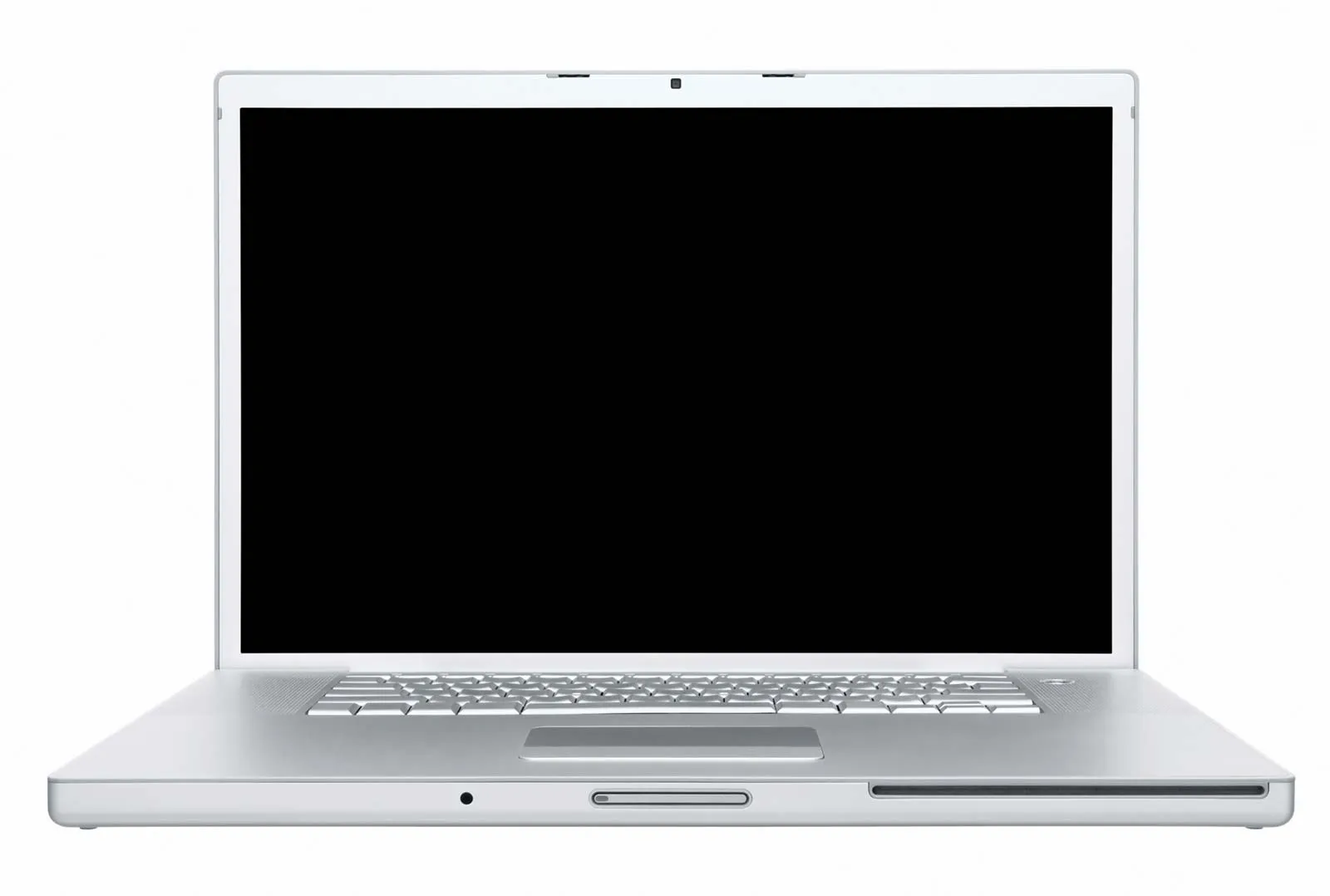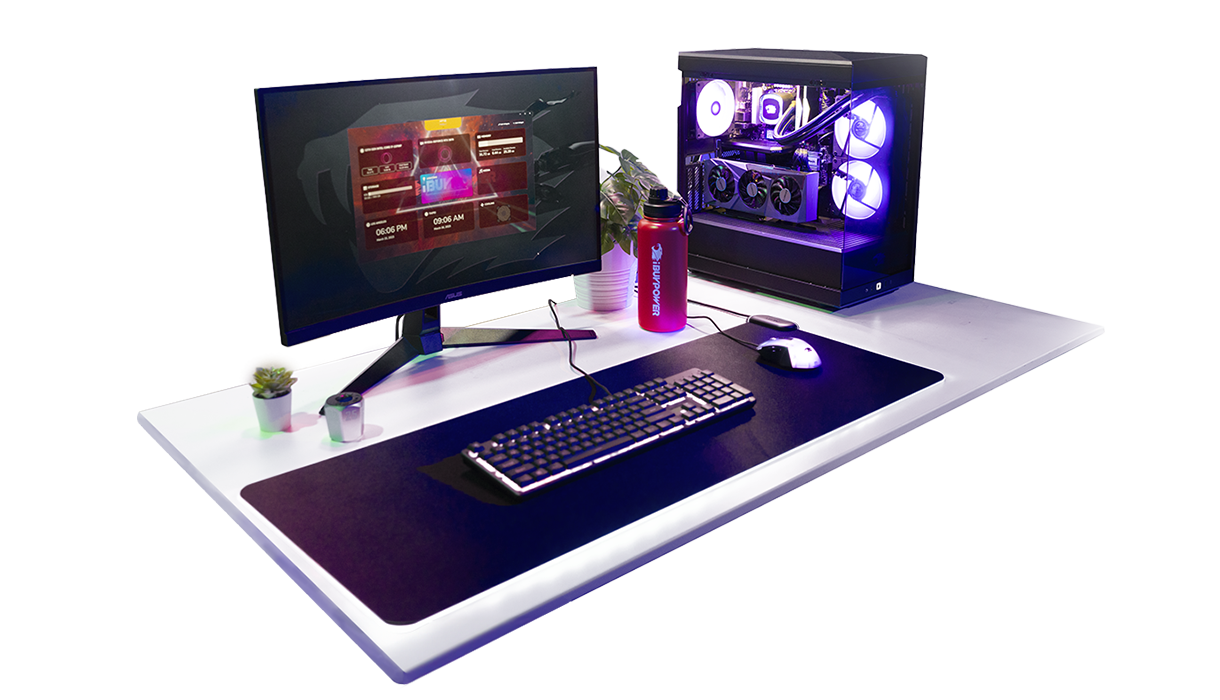A slow computer can be a source of frustration, reducing productivity and causing unnecessary stress. Understanding the reasons behind sluggish performance is crucial to identifying the right solutions. In this comprehensive guide, we will explore common issues that can lead to a slow computer and provide practical solutions to enhance its speed. From hardware limitations to software complications, we’ll cover the optimisation of your computer to get it running smoothly.
Excessive Startup Processes
Identifying Unnecessary Startup Programs
When a computer boots, several programs automatically start running in the background. Over time, as more applications are installed, the number of startup processes can balloon, significantly impacting boot times and overall performance. Using the Task Manager in Windows or System Preferences in macOS, users can see which programs are set to run on startup and assess which are essential.
Streamlining Boot Performance
By disabling non-essential startup applications, users can dramatically improve boot times. This can be done directly through the Task Manager or System Preferences settings, where you can simply uncheck the programs you do not need launching automatically. Keeping startup items to a minimum ensures that your computer is not expending unnecessary resources on unused applications.

Inadequate Hardware Resources
Upgrading RAM and Storage
Hardware limitations, like insufficient RAM or an outdated hard drive, can cause a computer to run slowly. RAM, or Random Access Memory, is what your computer uses to store information that active programs need to access quickly. If your computer is low on RAM, adding more can significantly improve performance. Similarly, replacing a traditional HDD (Hard Disk Drive) with an SSD (Solid State Drive) can lead to faster data access speeds, which will improve boot times and the responsiveness of your computer.
Managing Resource-Intensive Applications
Users should monitor applications that consume a high level of resources through the Task Manager or Activity Monitor. By identifying these resource hogs, users can decide whether to close them, limit their usage, or potentially upgrade hardware to better accommodate these intensive processes.

Malware and Viruses
Regular Scanning for Infections
Malware and viruses can cripple your computer’s performance by taking up resources, stealing information, and generally disrupting normal operations. Running regular scans with reliable antivirus software can detect and remove these unwanted guests. Keeping your antivirus definitions up to date ensures that the software can protect against the latest threats.
Keeping the System Secure
Apart from regular scans, users should practice safe browsing habits and remain cautious of suspicious emails, links, and downloads. Ensuring your operating system and apps are up to date with the latest security patches is also critical in preventing malicious attacks that can lead to performance issues.

Fragmented and Cluttered Storage
Cleaning Up Files and Applications
Over time, persistent use leads to a cluttered hard drive, where files and applications take up more space than necessary and can become fragmented. Utilising built-in disk cleanup tools can help in removing temporary files, system cache, and other digital detritus that could be slowing down your computer.
Regularly Defragmenting the Hard Drive
For those using HDDs, fragmentation occurs when files are split up and scattered across the disk. Regular defragmentation, which is the process of reorganizing and consolidating fragmented data, can help improve HDD efficiency. However, users with SSDs do not need to defragment, as SSDs automatically handle data in an efficient way that negates the benefits of defragmentation.

Overheating and Dust Buildup
Cleaning Internal Components
One often overlooked cause of decreased computer speed is overheating due to dust accumulation. Dust can clog the cooling fans inside your computer, leading to poor heat dissipation and causing the CPU to throttle down to reduce its temperature. This results in slower performance. Opening up your laptop or desktop and carefully cleaning out the dust with compressed air can bring down temperatures and reinstate normal speed.
Ensuring Proper Ventilation
Keeping your computer in a cool, well-ventilated area is essential to avoid overheating. Ensure you leave ample space around the vents of your laptop or desktop and do not obstruct them with fabrics or other materials. For desktops, check that your cooling fans are working correctly and consider adding more if temperatures are a consistent issue.

Outdated or Corrupt Drivers
Updating Drivers
Another factor that can cause a computer to slow down is outdated or corrupt drivers. Drivers facilitate communication between your operating system and hardware components. If they’re outdated or not functioning correctly, it can lead to reduced performance. Regularly checking for driver updates through the official manufacturers’ websites or the device manager on Windows can ensure that your system operates smoothly.
Rolling Back Troublesome Updates
Sometimes, driver updates can cause issues rather than solving them. If you find that your computer has become slower after a driver update, you might need to roll back to the previous version. This option can be accessed through the device manager on Windows. By selecting the driver, you can choose to revert to an earlier version which may restore performance.
Operating System Issues
Running System Updates
An out-of-date operating system can slow down your computer by missing out on performance improvements and bug fixes provided in newer updates. Ensuring that your operating system is up to date can improve speed and performance. For Windows and macOS, you can check for updates in the system settings and install any available updates.
Performing a Clean Install
If your system is persistently slow, performing a clean install of the operating system might be necessary. This process removes everything on the hard drive and reinstalls the OS, which can eliminate deep-rooted issues that are difficult to diagnose. Remember to back up important files before proceeding, as this will wipe all data from the drive.
In conclusion, several factors may be contributing to your computer’s slow performance. You can resolve most of these issues through simple steps. Manage startup programs, upgrade hardware, ensure your system is free from malware, and routinely clean and defragment your storage to address the problems. By systematically addressing each potential problem area, you can restore speed and efficiency to your computer, transforming a once sluggish machine into a productive asset for work and leisure. The key is to regularly maintain your system, staying vigilant against threats, and reactive to performance dips with the right tools and know-how.
